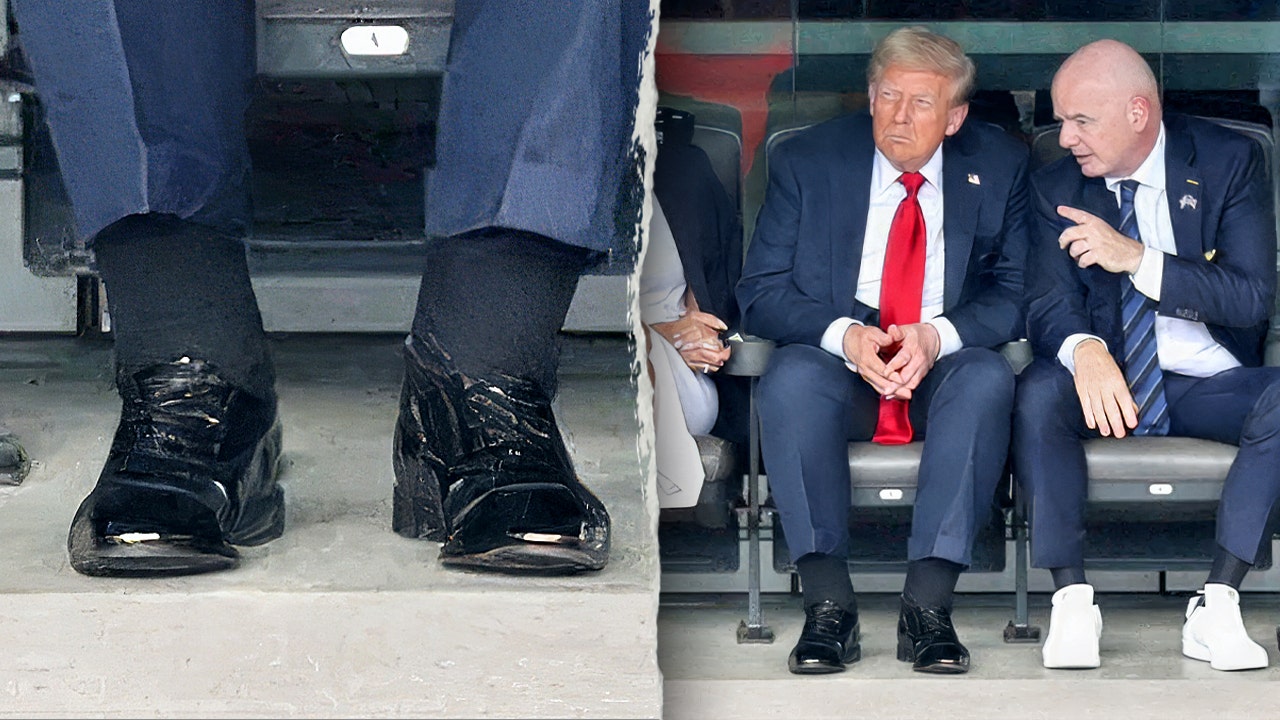Aid Crisis in Gaza: Western Nations Condemn Israel's Restrictive Relief Efforts Amidst Rising Casualties

The humanitarian situation in Gaza has reached a critical point, drawing sharp criticism from Western nations and prompting grave concerns over the safety of civilians. Foreign ministers representing 25 countries have issued a strong rebuke of Israel, accusing them of a restrictive and inadequate approach to aid delivery – described as a “drip feed” – into the besieged Gaza Strip. This criticism comes as the Hamas-controlled health ministry reports a devastating toll: over 1,000 Palestinians have tragically lost their lives while attempting to access desperately needed humanitarian supplies since late May.
The condemnation highlights the growing international pressure on Israel to significantly ease restrictions and facilitate the unimpeded flow of aid into Gaza. The current system, with its stringent controls and limited entry points, is widely seen as insufficient to meet the basic needs of the population, particularly with ongoing conflict and displacement.
A Dire Humanitarian Landscape
Gaza, already facing chronic shortages of essential goods and services, has been plunged into a deeper crisis by the recent escalation of violence. Hospitals are overwhelmed, supplies of medicine and food are dwindling, and clean water is scarce. The sheer number of casualties seeking aid underscores the desperation of the population and the inadequacy of the current relief efforts. Reports from aid organizations on the ground paint a grim picture of overcrowded shelters, malnutrition, and a lack of essential medical care.
Western Nations' Concerns
The joint statement from the 25 Western nations—including major powers like the United States, the United Kingdom, France, and Germany—signals a significant shift in diplomatic pressure. While acknowledging Israel’s security concerns, the ministers emphasized the urgent need to prioritize the protection of civilians and ensure the delivery of life-saving assistance. The use of the term “drip feed” is particularly pointed, suggesting that the current aid flow is deliberately slow and insufficient.
“We are deeply concerned by the deteriorating humanitarian situation in Gaza and the rising number of casualties,” the statement reads. “It is imperative that all parties facilitate the rapid and unimpeded delivery of humanitarian aid to those in need. Restricting access to essential supplies is unacceptable and must cease immediately.”
Israel's Perspective
Israel maintains that its security protocols are necessary to prevent weapons and materials that could be used for attacks from entering Gaza. They argue that they are coordinating with international organizations to ensure aid reaches civilians while minimizing the risk of it being diverted by Hamas. However, critics contend that these security measures are overly restrictive and disproportionately impact the civilian population.
Looking Ahead
The international community faces a complex challenge in addressing the crisis in Gaza. Balancing Israel’s security concerns with the urgent humanitarian needs of the Palestinian population requires a nuanced and collaborative approach. Increased pressure on all parties to adhere to international law and protect civilians is essential. A sustainable solution will require a long-term commitment to addressing the root causes of the conflict and ensuring the economic viability of Gaza.
The rising death toll and the condemnation from Western nations underscore the urgency of the situation. Without a significant and immediate change in the approach to aid delivery, the humanitarian crisis in Gaza will only continue to worsen, with potentially devastating consequences.






